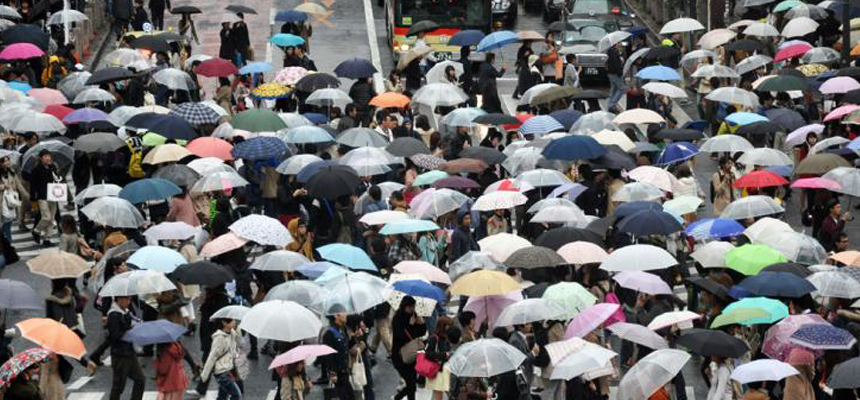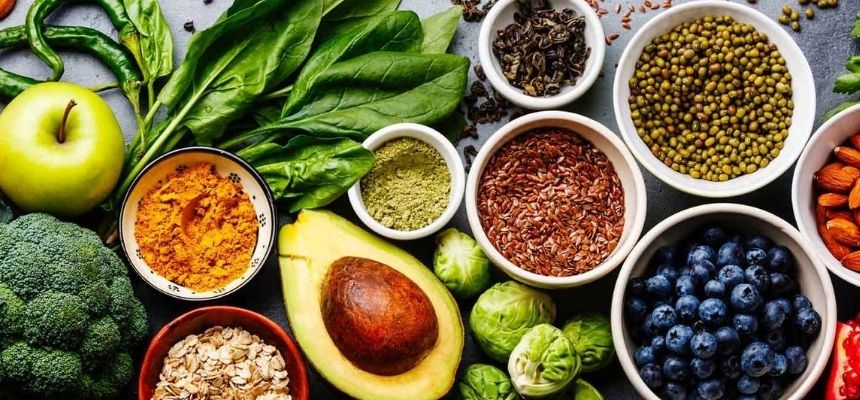Stay away from common monsoon diseases

The Monsoon provides relief from the scorching heat, but do you know that your immunity can go down during the rainy season? Every monsoon season, the risk of catching various diseases goes up due to unhygienic conditions and not adhering to basic preventive measures. Hence, early diagnosis and treatment is the key to keeping these diseases away. Herewe list out some common monsoon diseases and tips to tackle them. Dr. Prashant Borade, Head of Critical Care, Global Hospital, Mumbai,suggests preventive measures to keep away from monsoon diseases.
 1. Dengue:
1. Dengue:
It is a mosquito-borne viral infection causing severe flu-like symptoms, and sometimes causing a potentially lethal complication called severe dengue.
Prevention:Your expert will prescribe you medications to deal with it. However, reduce the amount of skin exposed by wearing long-sleeved clothes. Use mosquito repellents, traps and nets. The Aedes mosquito tends to breed in clean, stagnant water. Thus, turn buckets and watering cans over and store them under a shelter, so that water cannot accumulate, and empty out excess water from plant pot plates.
2. Malaria:
The parasite is transmitted to humans through the bites of infected mosquitoes. One suffering from malaria can experience symptoms like fever, chills, headache, nausea, vomiting, muscle pain, fatigue, sweating, chest or abdominal pain, and cough.
Prevention:Take an anti malarial drug as a precautionary measure in mosquito-prone areas. Accumulation of dirty water must be kept in check to prevent mosquito breeding, and avoid venturing out without wearing full-sleeved clothes.
3. Chikungunya:
This virus is spread by mosquitoes. Symptoms usually begin 3–7 days after being bitten by an infected mosquito.
Prevention: Wear long sleeves and long pants. If you’re in a place with no air conditioning or screens in the windows, then use mosquito nets.
4. Jaundice:
It is a term used to describe a yellowish tinge to the skin and the whites of the eye, and the body fluids of people suffering from this disease may also be yellow. It is caused by a buildup of bilirubin, which is a waste material, in the blood. An inflamed liver or obstructed bile duct can lead to jaundice and other underlying conditions too. The treatment will depend on the underlying cause.
Prevention:Maintain a healthy, balanced diet to keep your liver in top form. Limit your alcohol consumption, and exercise daily.
5. Gastroenteritis (stomach flu):
It is an inflammation of the lining of the intestines caused by a virus, bacteria or parasites. It causes diarrhoea and vomiting. It's usually caused by a bacterial or viral tummy bug. Gastroenteritis and food poisoning are quite common during the monsoon season, and the high humidity helps in the growth of disease-causing bacteria.
Prevention: Stay hydrated and opt for a healthy diet which includes curd and fruits like banana and apple. Avoid eating raw food like salads, because it is difficult to ascertain whether they have been washed, cleaned and stored at the right temperature. Bid adieu to roadside food which may be prepared with contaminated water and could thus trigger diarrhoea.
6. Cholera:
It is an infectious disease that causes severe watery diarrhoea, which can cause dehydration and even death, if untreated. It is caused by eating food or drinking water contaminated with a bacterium called Vibrio Cholerae. People may suffer from diarrhoea accompanied by vomiting, which can lead to dehydration.
Prevention:Drink boiled water, avoid drinking contaminated water and maintain proper hand hygiene and sanitation.
7. Typhoid:
It is a bacterial infection that can lead to high fever, diarrhoea, and vomiting, and is caused by the bacteria Salmonella Typhi. The infection is passed on through contaminated food and drinking water, and it is more prevalent in places where hand washing is less frequent. It can also be passed on by carriers who do not know they carry the bacteria.
Prevention: Opt for clean drinking water and proper sanitation, and maintain good standards of hygiene.
Book appointment: Dr. Prashant Borade, Head of Critical Care, Global Hospital, Mumbai,

 Disclaimer: Welthi.com does not guarantee any specific results as a result of the procedures mentioned here, and the results may vary from person to person.
Disclaimer: Welthi.com does not guarantee any specific results as a result of the procedures mentioned here, and the results may vary from person to person.









